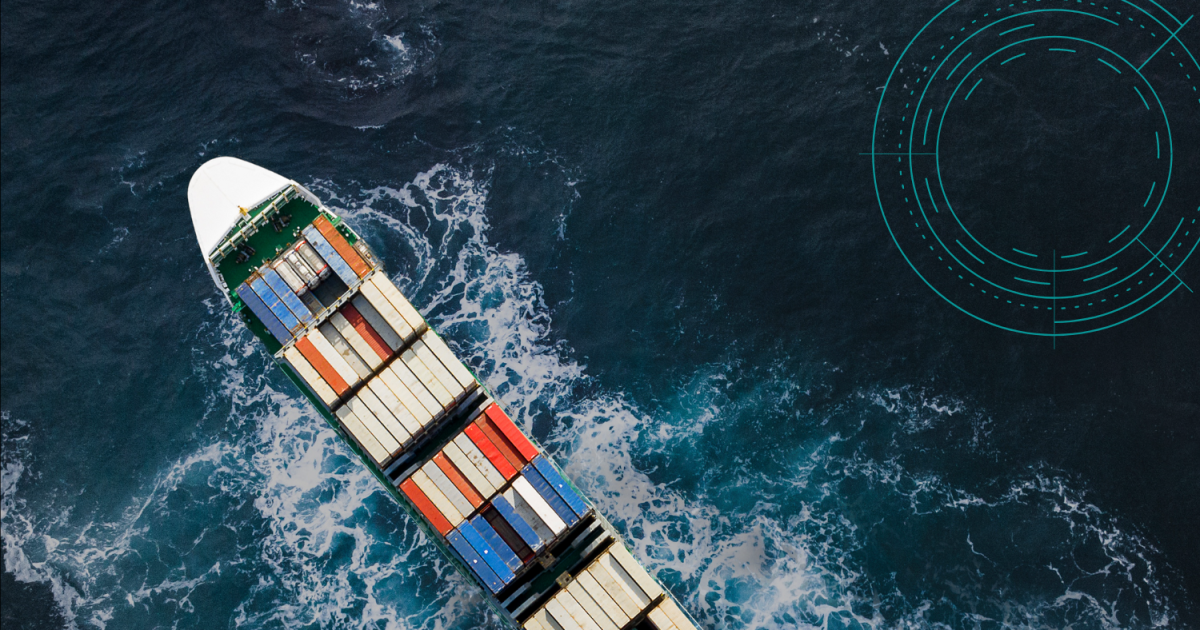Webinar Replay and Highlights: Tackling the Rising Challenge of Cargo Fires with Innovative Technology
06/03/2024Webinar Highlights: Tackling the Rising Challenge of Cargo Fires with Innovative Technology
On February 29th, Safetytech Accelerator hosted a webinar focusing on innovative solutions to combat the increasing threat of cargo fires in container shipping. This session, part of the Cargo Fire & Loss Innovation Initiative (CFLII), brought together industry leaders, maritime insurers, and technology experts to share insights and advancements aimed at enhancing maritime safety.
We were joined by expert panellists who offered their view on the key challenges and opportunities faced in the industry.
- Capt Y.S. Hwang (Head of Operations and Deputy SVP at Evergreen Marine Corp)
- Mike Yarwood (Managing Director at TT Club)
- Seb Corby (Principal Consultant at Safetytech Accelerator)
- Viktor Bezugly (CEO at SmartNanoTubes)
- Sven-Eric Brooks (CEO at ScanReach)
Vision and Scope of Innovation: The overarching topic discussed in the webinar centred on the fire-detection challenge and the approach needed to implement innovative technologies and reduce the risk of large risks through early detection. Our panel of experts discussed key themes drawing from experience, highlighting essential considerations for successful implementation.
Key themes discussed included:
Innovative Solutions and Technology Diversity: The session highlighted a spectrum of technologies – that have been identified and evaluated through the CFLII – to mitigate cargo fires, emphasising the need for tailored strategies due to the complexities of onboard fire detection and prevention. It was acknowledged that a singular approach may not suffice for the varied operational requirements of different vessels and that the further comparative evaluation of technologies is required.
Highlighted Technologies:
- Advances in sensor technology were explored, including liner heat detection (LHD) such as fibre-optics and gas sensors. Emphasis was placed on the importance of early detection in preventing large-scale incidents.
- AI and IIoT Integration: The role of artificial intelligence (AI) in enhancing the accuracy of fire detection systems and minimising false positives was discussed, alongside the potential of the Industrial Internet of Things (IIoT) to revolutionise data collection and monitoring onboard.
- Infrared (IR) Cameras. Cutting-edge sensors, including distributed infrared lens sensors were highlighted for their innovative approach to detecting the early signs of fire and hazardous conditions.
- Connectivity and network solutions: The importance of reliable communication frameworks for fire detection systems was highlighted. Resilient mesh networks with sufficient robustness for continuous data transmission was identified as a solution.
- Carbon Nanotube-based Gas Sensors and Electronic Noses (e-Noses): The potential of the electronic nose technology for early fire detection was discussed.
- Radiowave signal disruption analysis was among one of the other technologies discussed, including the potential to sense abnormal temperature fluctuations, physical objects and even the variation in atmospheric gases.
Panel Discussion Insights:
- Strategic Implementation and Operational Considerations: Detailed discussions on the implications of deploying technologies were had, such as thermal cameras, covering strategic considerations for their effective and cost-efficient placement onboard. AI’s role in minimising false positives was particularly noted, enhancing the reliability of fire detection systems and showcasing the nuanced strategies required for technology implementation.
- Policy and Procedure Adaptation: With the introduction of new technologies, maritime companies may require adjustment of operational policies and procedures. This adaptation extends to managing and safe-guarding data whilst also ensuring innovative solutions are implemented responsibly and effectively.
- Prioritising Safety, Crew Well-being, and Environmental Protection: The webinar highlighted the critical importance of prioritising crew safety and environmental protection amid the varying severity of cargo fires. It advocated the continuing need for safety innovation, emphasising the industry’s responsibility towards its crew and the environment.
- Crew Inclusion and Skill Enhancement: Emphasising the importance for the involvement of shipboard personnel for successful technology adoption, the discussion also highlighted the need to recognise and enhance the varying skills among crew members. This ensures uptake and effective use of safety technologies while addressing concerns such as data protection, allowing seamless and non-burdensome technology adoption.
- Collaborative Risk Management in Technology Testing: The session showcased how the CFLII, supported by Safetytech Accelerator, mitigates the inherent risks associated with new technologies through collaboration. This structured approach fosters industry-wide participation to manage and mitigate uncertainties of introducing new technologies whilst developing common industry views on the strategic direction of travel.
Conclusion and Call to Action:
The webinar concluded with a strong call to action for continued collaboration and innovation in tackling the challenge of cargo fires. It reinforced the critical role of technology, strategic implementation, and maritime industry’s collective responsibility towards safety and environmental stewardship. The discussions and insights shared reflect Safetytech Accelerator’s dedication to leading maritime safety innovation through the Cargo Fire & Loss Innovation Initiative.
For more information please visit: Cargo Fire and Loss Innovation Initiative (CFLII)
Or contact us directly at info@safetytechaccelerator.org

